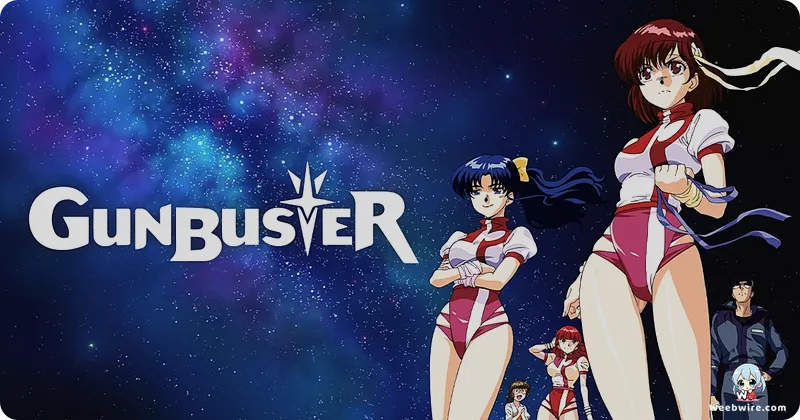Anno's Groundbreaking Gunbuster: Unpacking the Sci-Fi Classic's Enduring Legacy and Industry-Defining Innovations

Dive into the enduring legacy of Gunbuster, also known as Top o Nerae!, Hideaki Anno's groundbreaking 1988 directorial debut. This six-episode OVA stands as a monumental pillar in anime history, celebrated for its thrilling mecha action, profound emotional depth, and captivating insights that cemented its legendary status, significantly shaping the anime landscape and influencing studios like Gainax.
A Fusion of Science and Emotion
A striking feature is Gunbuster's bold integration of scientific principles, particularly Einstein's theory of relativity and time dilation. Weeks for pilots like Noriko Takaya translate to years on Earth, a core emotional drama forcing characters to confront heartbreaking losses and immense sacrifice. This commitment to grounding fantasy in plausible science was revolutionary, setting an unprecedented standard for accuracy.
The Genesis of Gainax's Style
Gunbuster served as the foundational bedrock for Gainax, the studio behind Neon Genesis Evangelion, FLCL, and Gurren Lagann. Many signature stylistic hallmarks dynamic camera angles, intricate mecha designs, the blend of humor and tragedy, and distinct character archetypes originated or were perfected here. Noriko Takaya's transformation from insecure rookie to formidable warrior exemplifies the classic Gainax protagonist arc.

The Enduring Impact of the 'Inazuma Kick'
Among its indelible contributions, the 'Inazuma Kick' (Lightning Kick) stands out. This visually spectacular attack, unleashed by the colossal Gunbuster mecha, quickly became a super robot genre staple. Its dramatic force inspired countless homages and parodies, remaining instantly recognizable to legions of anime enthusiasts a testament to its profound influence.
Pioneering Animation and Sound
The series' animation quality was exceptional for a late 1980s OVA. The final episode, 'The End of the World,' took a breathtaking artistic leap, shifting entirely to black and white. This deliberate stylistic choice amplified dramatic impact, evoked solemnity, and created a potent visual metaphor for space's emptiness and sacrifice, leaving a haunting conclusion.
Equally iconic is Gunbuster's stirring musical score, notably the 'Gunbuster March' (Top o Nerae! ~Fly High~). This exhilarating anthem encapsulates courage and heroism, elevating mecha sequences and underscoring emotional weight. Noriko Hidaka's nuanced performance as Noriko Takaya further amplified the series' resonance.
The Precursor to the 'Gainax Ending'
Finally, Gunbuster is recognized as a pivotal precursor to the famed 'Gainax Ending.' Its conclusion, with profound emotional gravitas and a poignant blend of triumph and bittersweet sacrifice, sparked undeniable contemplation. Its masterful intertwining of humor, personal drama, grand-scale sci-fi, and genuine scientific concepts solidified Gunbuster as a truly unique and immensely influential work, continually celebrated by fans and creators alike.
Credits
Gunbuster
Author
Gainax
Cover Art
Yoshiyuki Sadamoto
Studio
Gainax
Publisher
Bandai Visual
Producers





